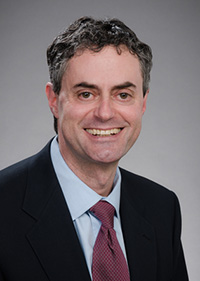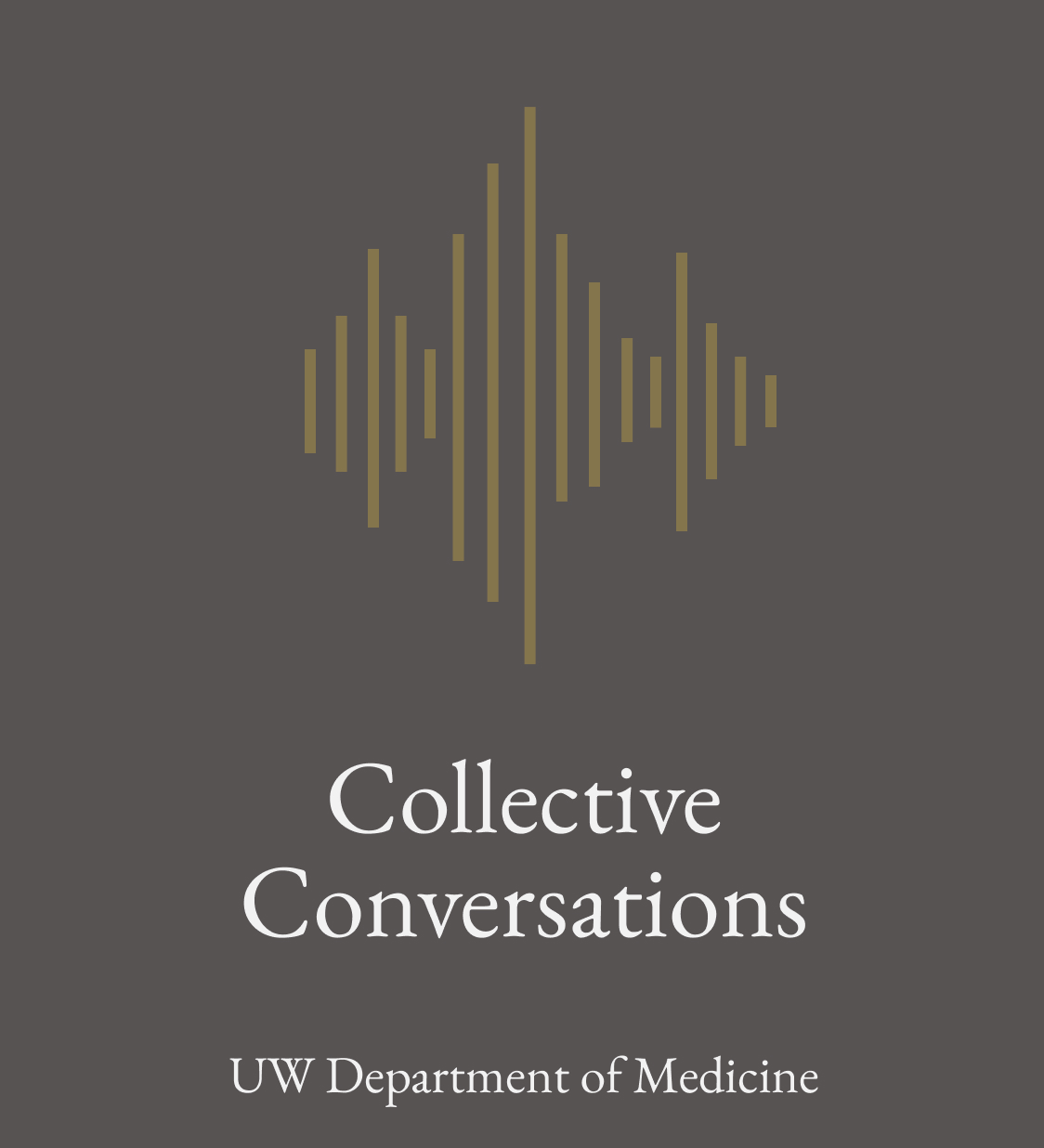

Evaluating cognition in primary care settings
Dementia is slowly progressive and requires a careful, patient-centered approach because its identification and long-term management is so tricky.
About two years ago Gaster and his collaborators at the Memory and Brain Wellness Center at Harborview Medical Center received funding from the CDC to build a team to take this on to figure out how to develop a streamlined way for primary care providers to evaluate cognitive concerns, to diagnose dementia, to help patients and families navigate the stages of the disease, and work in a more effective partnership way with specialists in neurology and psychiatry.
"It’s all about improving the quality of the care that we are giving. This is a disease that is already a major struggle for us, that we struggle with, that our patients struggle with, that the health system struggles with. And that is only going to be getting worse in the years to come with the aging of the baby boom cohort.
So, there is just this immense need to try and figure out a way to make it better now, so when it doubles in its prevalence, we are ready to do a better job.
Engaging with the health system at that quality improvement level is really the win-win for everybody that is really bringing together the clinical side and the research side and the IT side to make it work."
Gaster stresses the importance of taking the disease of dementia out of the shadows by destigmatizing talking about dementia and bringing families into the conversation.
Barak Gaster is a professor in the Division of General Internal Medicine where he has been a primary care provider at UWMC-Roosevelt for more than 20 years. For the past seven years, he has focused on improving care for dementia, leading to the development of the Cognition in Primary Care Program. He’s also the primary care liaison for the UW Memory and Brain Wellness Center, a co-investigator for the UW Alzheimer’s Disease Research Center, a member of the Washington State Dementia Action Collaborative, and is on the national committee which is creating the CDC’s next version of the Healthy Brain Initiative.
In addition to developing better ways to evaluate cognition, he has been focused on improving advance care planning for dementia, helping people express preferences and goals for care with the goal of getting better care. He helped develop the Dementia Directive which has been downloaded more than 150,000 times and been featured in the New York Times and on NPR.